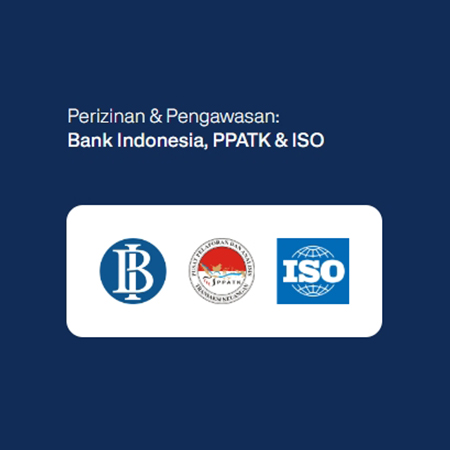
Today, investing is no longer just an option; it has become a financial necessity for many people. Whether long-term, medium-term, or short-term, investing offers opportunities to earn higher returns compared to regular savings or bank deposits.
However, starting an investment journey from zero requires learning, understanding, and proper preparation.
How to Start Investing From Scratch

Starting from zero may feel intimidating, but you don’t need to worry. Here are practical steps to help beginners begin investing confidently and correctly.
1. Choose Your Investment Instruments
The first step to begin investing is determining which investment instruments you want to start with. Options include:
- Gold
- Stocks
- Mutual funds
- Foreign exchange (forex)
- Property
- Other investment instruments
Choose an instrument based on your risk profile. For example:
- If you’re an aggressive investor, you may consider stocks, P2P lending, or equity mutual funds.
- If you’re more conservative, you might prefer gold or money market mutual funds.
2. Prepare Your Investment Funds
There is no minimum or maximum required amount to start investing, but you must use money you are prepared to lose. Always use idle funds (cold money), money that is not needed for daily expenses, to avoid financial stress, as every investment carries risk.
3. Choose a Reliable Investment Platform or Intermediary
Depending on the instrument:
- Stocks require a brokerage or securities company.
- Mutual funds are managed by licensed investment managers.
- P2P lending requires a legal and registered fintech platform.
Ensure that the platform or broker you choose is registered, reputable, and trustworthy to avoid fraud or mismanagement.
4. Invest Regularly
Once you begin, continue investing consistently and routinely. For example:
- Online stock trading
- Buying and selling mutual funds
- Regular deposits into investment products
By being active, you will gradually understand market movements, including technical analysis, price levels, and foreign buying trends.
5. Consume More Financial Information
Before buying or selling investment products, make sure you gather as much relevant information as possible. Useful information sources include:
- Online media
- Financial blogs
- Social media (Twitter, YouTube, Instagram)
- Online forums
- Seminars and webinars
These insights help deepen your analysis so you can make smarter, data-driven investment decisions.
6. Manage Your Profits Wisely
The ultimate goal of investing is to earn a profit. When you gain returns, you can reinvest your profits to grow your portfolio.
You can either:
- Increase investment in your current portfolio
- Diversify your investments across different instruments
Diversification helps reduce risk and protect your capital.
The Key to Success: Never Give Up

As a beginner, your investment journey won’t always be smooth. Losses may happen, especially early on. The real test is whether you choose to:
- Learn and continue, or
- Quit after the first setback
Mistakes are part of the process. The important thing is to evaluate, improve, and keep investing wisely.
Investment Tips for Beginners in the Capital Market

1. Start Investing as Early as Possible
Time is one of the most powerful factors in investing. The younger you start, the easier it is to prepare for future goals.
Plan your investment based on:
- Available time
- Risk and return expectations
- Commitment level
- Initial capital
This helps you build a structured investment plan.
2. Set Clear and Specific Investment Goals
Know why you want to invest. Your goals may include:
- Children’s education fund
- Retirement fund
- Home purchase
- Travel fund
- Vehicle purchase
If you have a financial advisor, you can consult them. If not, choose one goal to focus on, it will help keep you consistent and motivated.
3. Determine Your Investment Timeline and Target Amount
Your investment duration determines:
- The amount you need to invest
- The type of investment instrument you should choose
Shorter timelines usually require larger allocations and lower-risk instruments. Setting a timeline and target helps create a clear and effective investment strategy.
4. Allocate Your Investment Funds Consistently
As a beginner, aim to allocate 10%–30% of your monthly income for investing. Make sure the money you invest:
- Does not disrupt daily living expenses
- Comes from cold money or spare funds
Consistency is far more important than starting big.
Starting your investment journey from zero is absolutely possible. By following these steps and applying the tips above, you can build a strong foundation, reduce risks, and move closer to your financial goals
Download Transfez App
Transfez App can help you transfer money abroad more quickly and efficiently. Jack Finance can also help your business in making transactions abroad. For those of you who want to send money to relatives who are abroad because they are studying, working, or traveling, Transfez will be ready to help. This app is available on Android as well as iOS.











